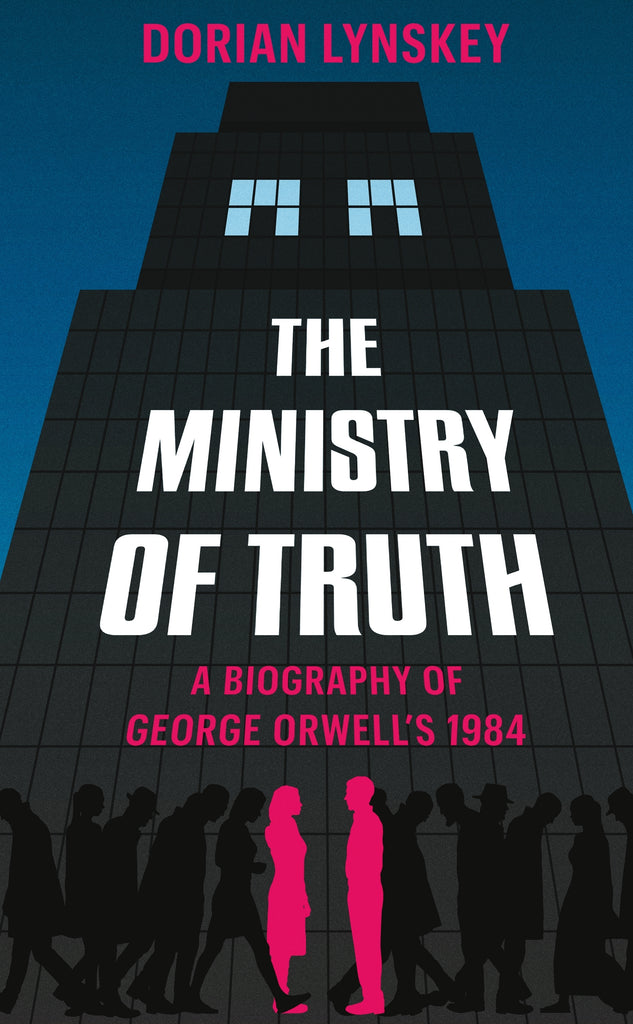
The Ministry of Truth by Dorian Lynskey
Since its publication 70 years ago, George Orwell’s Nineteen Eighty-Four has “never gone away”, said Alwyn W. Turner in the Literary Review. An instant hit when it came out, the novel still periodically tops the bestseller charts (most recently in America following Donald Trump’s election), and phrases such as “Big Brother”, “Newspeak”, “Thought Police” and “Doublethink” have entered our language. In his “informed, intelligent and hugely readable” book The Ministry of Truth, the music journalist Dorian Lynskey traces the influences and experiences that lay behind Nineteen Eighty-Four and considers its role in our culture. It has, he points out, been popular almost everywhere (“except in totalitarian circles”) and has been “claimed” by politicians of all stripes. This universality, he suggests, stems from the fact that, for all its “dystopian trappings”, it is, at heart, a powerful portrait of a man “rebelling against the restrictions of society”.
Various influences brought Nineteen Eighty-Four into being, said John Carey in The Sunday Times – from Yevgeny Zamyatin’s anti-utopian classic We (which Orwell read in the mid-1940s and arguably “plagiarised”), to the drab scenery of postwar London. But its original “seed” lay in the Spanish Civil War. Having gone to Spain to fight fascism, Orwell imagined that the Soviet communists he found there “had the same objective”. Instead, he only narrowly escaped when the Soviets started liquidating members of the Trotskyist militia for which he was fighting, and he “witnessed the communist media’s rewriting of history” – an experience that convinced him that tyranny is always opposed to “objective truth”. Although Lynskey’s analysis of the novel’s genesis isn’t always original, it is “freshly and powerfully argued”.
The same isn’t always true of his survey of its post-publication history, said David Aaronovitch in The Times. A digression about David Bowie’s fondness for the novel struck me as “pointless”; nor do I much care that in 2000 a group of TV producers “filled a house with cameras and called it Big Brother”. For the most part, however, this is a “tidy, well-written study”. And like its subject, it’s a work that speaks to our “low, dishonest moment”, said Lev Mendes in The New York Times. Whether it’s Trump’s “habitual lying”, the “toxic politicisation of the news media”, or “Silicon Valley’s hijacking of our data and attention”, we seem to be living in “Orwellian” times. Wide-ranging and sharply written, The Ministry of Truth is an absorbing, informative read.
